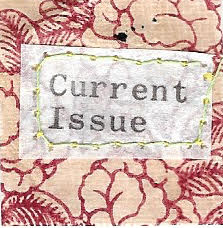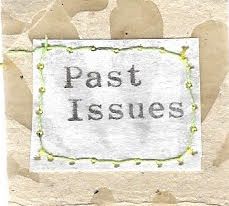Bex Hainsworth
Women of Birkenau
It is April when my mother and I visit the camp.
The cold womb of the world is thawing
and white flowers grow beside the railway tracks.
Our guide leads us to Block 25,
where women were shelved, twelve to a bunk.
Filthy, starving, scratching at their skeletal armpits,
but still, alive. Lager Schwestern, when the SS marched
their families into ash, they reached out to each other,
like roots beneath the earth, spreading, secretly, in the dark.
An extra ounce of turnip, a familiar klezmer tune hummed
like a lullaby, a coin of bread, rumours heard in radio static,
dirt-printed fingertips stroking bristled heads.
The daughters of Sarah and Rebekah and Leah
took up needles fashioned from wooden splinters
and thread from lice-stiffened sheets.
They stitched together not a shroud, but a blanket
for the baby, whose mother gave birth in a wagon,
leaning against a pile of corpses.
Others carried the emptiness around with them: a hollow relief,
doubly-sentenced, but left wondering at their bodies, stopped
like pocket watches piled with the precious things in Kanada.
I stand in their absence, touch the wood and stone of their beds.
The light from the square window at the end of the barracks
is turning the grey dust to gold and as we leave, I picture the women,
staggering out into the sunlight, the blood dripping between their legs.





